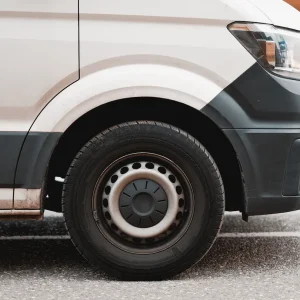Supply problems affecting the roll-out of EVs to fleets are particularly difficult for van operators, according to the Association of Fleet Professionals (AFP).
The organisation warned that, while car fleets were also affected by limited supply, chiefly driven by the global semiconductor crisis, the issue for van fleets was even more acute.
In addition, it said the situation was unlikely to improve in the near future.
AFP chair Paul Hollick said: “Many of our members were expecting that this year would provide a genuine opportunity to begin electrification of their light commercial vehicle operations but it appears as though supply is even poorer than for cars with delivery dates for many models unavailable.
“This creates a real conundrum. Ongoing supply issues mean that many are now operating vans that are sometimes more than six years old.
“They really need changing for basic reliability and safety reasons but delivery times are unavailable for the electric replacements that businesses want to acquire.”
Hollick added that in addition to vehicle supply problems, fleets were also having issues with the availability of home EV chargers, needed by many drivers in order to run EVs effectively.
He said: “Semiconductor shortages are at the heart of most EV supply disruption and the same is true of chargers. Some drivers who have been able to get cars or vans are therefore unable to charge them effectively. This is creating a further layer of frustration.
“Certainly, there is a view emerging across our organisation that the current situation makes the government’s 2030 rule for complete production electrification look increasingly optimistic.
“The nearest time that it appears supply might normalise is well into 2023 and it would now require a huge effort to meet the official deadline.”





